Peter was born in Isernia, Italy, in 1215, the eleventh of twelve children of humble, pious parents. His father died when he was very young, and his mother, a hard-working woman, raised her twelve children herself. His mother, instructing the children in their daily prayers, would frequently ask, "Which one of you is going to become a saint?" Without exception, Peter would answer "Me, Mama! I'll become a saint!" In his daily prayers Peter received visits from Angels, Saints and the Virgin Mary. He recounted everything with simplicity to his mother. Recognizing his piety and faith, Peter’s mother ensured that he was well educated, preparing him for a religious life.
At age seventeen, Peter entered the Monastery of Santa Maria di Faifoli, near Montagano, Italy, becoming a Benedictine monk. Here he began to pursue a life of solitude, and at age 20, became a hermit, moving into a cave on Mount Morrone, and receiving his surname, Celestine. Peter spent his days preaching and reading the Scriptures, attracting a large crowd who would come to him for spiritual guidance and counseling. At age 30, Peter moved to Mount Majella with two other companions, where he began to apply to himself a life of strict mortification rules. He would fast for 6 days a week, undertake long prayers, wear hair shirts and iron chains. If he was not praying or reading, he would copy books or do some hard work so that the devil would not find him doing nothing, and tempt him. As many continued to flock to him, he founded the order of the Celestines. During this time, he studied for the priesthood, becoming ordained and receiving Papal approval for his order.
During the years he spent on the mountain, Peter’s life was filled with miracles. The mysterious sound of celestial bells seemed to ring all day and frequently heavenly voices were heard singing in the air. A mysterious dove, whiter than snow, often lit on Peter's oratory, and when the new church he had built reached completion, angels appeared, clothed in gowns of white, and were overheard to say, "Let us attend the dedication." While celebrating the office, a beautiful seamless garment, like that worn by the angels, fell upon the shoulders of Saint Peter, a sign of Heaven's approval of his sanctity.
Despite his ordination and years of prayer and mortification, Peter considered himself unworthy of serving the Lord. Moreover, he considered himself unworthy of celebrating Mass, and only changed his mind after hearing a Divine Voice that convinced him. “I am not worthy of offering the Holy Sacrifice,” Peter protested. The Lord replied: “And who is worthy of such a thing? Celebrate it, despite your unworthiness, but offer it in fear.”
Following the death of Pope Nicholas IV, the cardinals convened a conclave to elect a new pope, but could not come to a decision. As the conclave stretched into it’s second year, Peter received a message from God, which he personally delivered to the cardinals. Upon hearing his message—that the Lord was not pleased with the delay in selecting a successor—the cardinals promptly elected Peter as the 192nd pope.
Peter Celestine became Pope Celestine V, although reluctantly. In delivering his message from the Lord, he had not sought the position, nor did he consider himself qualified. Such was his humility that upon hearing of his appointment—at age 84-- he wept sorrowfully, but accepted the will of the Lord obediently.
Saint Celestine served as pope for only approximately five months. The primary objective of his pontificate was to reform the clergy, many of whom were using spiritual power to obtain worldly power at the time. Celestine sought a way to bring the faithful to the original Gospel spirit, and he settled on "Pardon" - he called for a year of forgiveness of sins, and return to evangelical austerity and fidelity.
Despite these positive reformations, during Celestine’s five month papacy, due to his humble nature and simplicity—many took advantage of him. He was, in his simple trust, no match for the corruption that plagued the Church at that time. He could not say "no" to anyone, and soon the Vatican found itself surrounded by great confusion. At last, the humble man, also quite wise, decided to give up his position as Pope, lest he do permanent damage to the Church and place his own position above that of the will of God. Therefore, on December 13, 1294, clothed in full pontifical vesture, he read before the Cardinals this act of his great renunciation, asking for forgiveness for his inability to lead the Church:
“Inspired by many legitimate reasons, desiring a more humble state and a more perfect life, fearing to compromise my conscience and seeing my weakness and incapacity, considering the malice of men and yearning for the rest and spiritual consolation I enjoyed before I was raised to this position, I, Celestine V, Pope, do hereby freely and voluntarily renounce the Sovereign Pontificate and abandon the dignity and position to which I was raised.”
Saint Celestine hoped to return to the mountains, living the remaining days in one of his monasteries in peace. However, the newly elected pope, Boniface VIII (who ushered in the years of great schism in the papacy), was worried that Celestine may try to reclaim the papacy. He had him locked in a cell, stating it would be “safer to keep him where wicked people could not take advantage of him.” Pope Saint Celestine V was put in a hidden cell in a Roman house, where he eventually died after 10 months of solitude. During this time, he was cheerful and close to God. "You wanted a cell, Peter," he would repeat to himself, "and a cell you have."
Saint Celestine died on May 19, 1296 and was buried in the church of Saint Agatha in Ferentino, Italy. He was later re-interred in the Church of Saint Maria di Collemaggio, in Aquila, Italy—the church that he was asked to build by the Blessed Virgin in a vision while living as a hermit. The church was greatly damaged during an earthquake in 2009, but the saint’s relics, still venerated today—were spared destruction. While inspecting the earthquake damage, Pope Benedict XVI visited Celestine's remains in the badly damaged Santa Maria di Collemaggio and left the woolen pallium he wore during his papal inauguration in April 2005 on his glass casket as a gift. To mark the 800th anniversary of Celestine's birth, Pope Benedict XVI proclaimed the Celestine year from August 28, 2009 through August 29, 2010. The Apostolic Penitentiary has granted a special plenary indulgence to those who pray before the remains of Saint Celestine V during the year dedicated to him.
The simple and humble life of Saint Celestine inspires each of us to pray for humility:
From the desire of being esteemed, Deliver me, O Jesus.
From the desire of being loved, Deliver me, O Jesus.
From the desire of being extolled, Deliver me, O Jesus.
From the desire of being honored, Deliver me, O Jesus.
From the desire of being praised, Deliver me, O Jesus.
From the desire of being preferred to others, Deliver me, O Jesus.
From the desire of being consulted, Deliver me, O Jesus.
From the desire of being approved, Deliver me, O Jesus.
From the fear of being humiliated, Deliver me, O Jesus.
From the fear of being despised, Deliver me, O Jesus.
From the fear of suffering rebukes, Deliver me, O Jesus.
From the fear of being calumniated, Deliver me, O Jesus.
From the fear of being forgotten, Deliver me, O Jesus. From the fear of being ridiculed, Deliver me, O Jesus.
From the fear of being wronged, Deliver me, O Jesus.
From the fear of being suspected, Deliver me, O Jesus.
That others may be loved more than I, Jesus, grant me the grace to desire it.
That others may be esteemed more than I, Jesus, grant me the grace to desire it.
That, in the opinion of the world, others may increase and I may decrease, Jesus, grant me the grace to desire it.
That others may be chosen and I set aside, Jesus, grant me the grace to desire it.
That others may be praised and I go unnoticed, Jesus, grant me the grace to desire it.
That others may be preferred to me in everything, Jesus, grant me the grace to desire it.
That others may become holier than I, provided that I may become as holy as I should, Jesus, grant me the grace to desire it.
Amen.
(Litany of Humility, written by Cardinal Merry del Val)
Year 2: Day 139 of 365
Prayer Intentions: Humility
Requested Intentions: For personal intentions (A); Restoration of lost hearing (C); Resolution of relational and financial challenges (S); Comfort following loss of husband, security for family, assistance with housing (B); Healing and return of brother (O); Successful hermitage foundation (S); Support from family, permission to marry (H); Recovery of wife following surgery, freedom from depression (W); Protection and recovery of mentally ill daughter (J); Successful resolution to legal proceedings (N); Freedom from worry and successful employment (M); For successful sale of home and freedom from debt (J); Freedom from pain and illness (E); For successful living arrangements, travels, health, and studies (F); Healing, successful studies, financial success (F); For husband’s successful employment (Y); For children’s faith journey; Recovery of a friend suffering from addiction (M); Successful employment (P); Obedience to the will of the Lord (J); Financial recovery (S); Freedom from evil influence (I); Recovery from illness (J); Freedom from addiction (J); Successful transplant surgery (K); Healing for a daughter (T); Acceptance into school (V); Successful immigration; for a sister’s career and marriage (F); Financial recovery; Successful ministry (A); Financial ability to send children to school (S); Safe return of a runaway (J); Healing of a family (J).







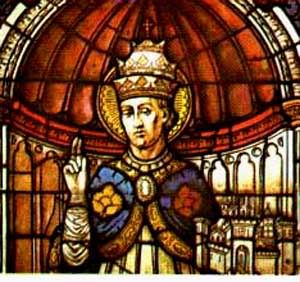
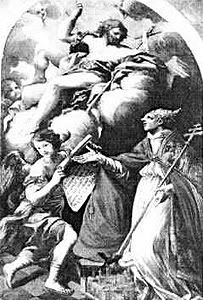
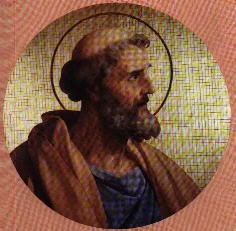
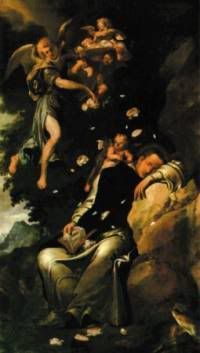
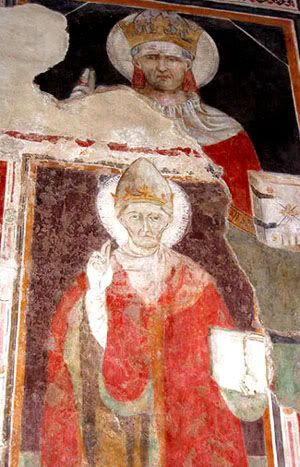
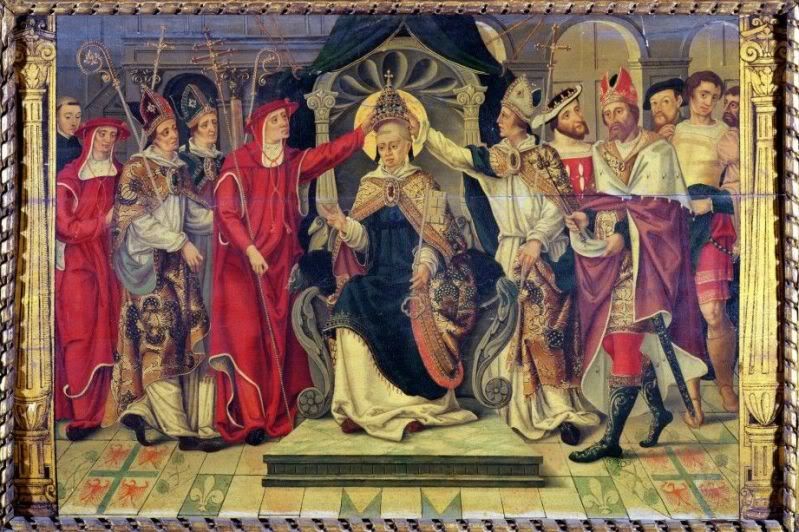
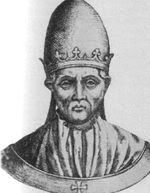
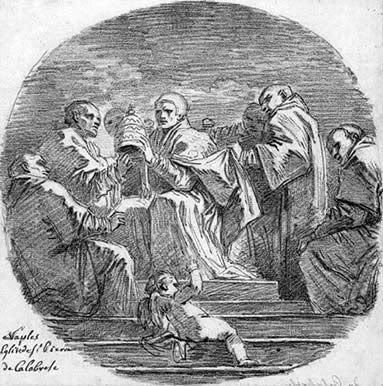
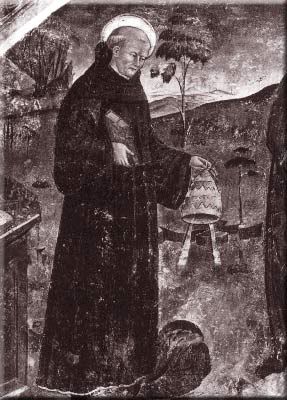
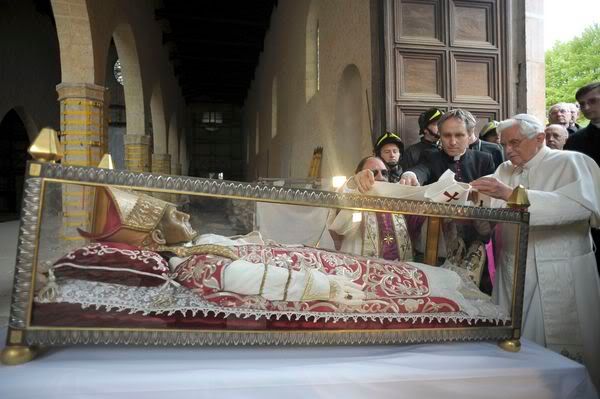

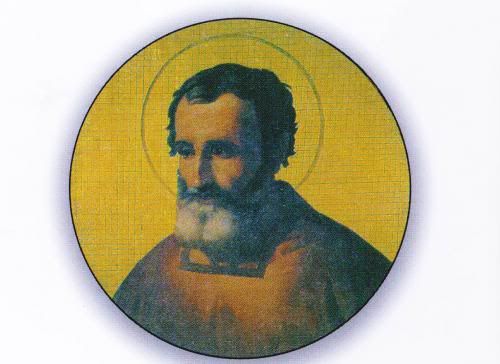
0 comments:
Post a Comment
Thanks for leaving a comment. If you wish to submit a prayer request, however, please do so above, using the "Contact" tab.